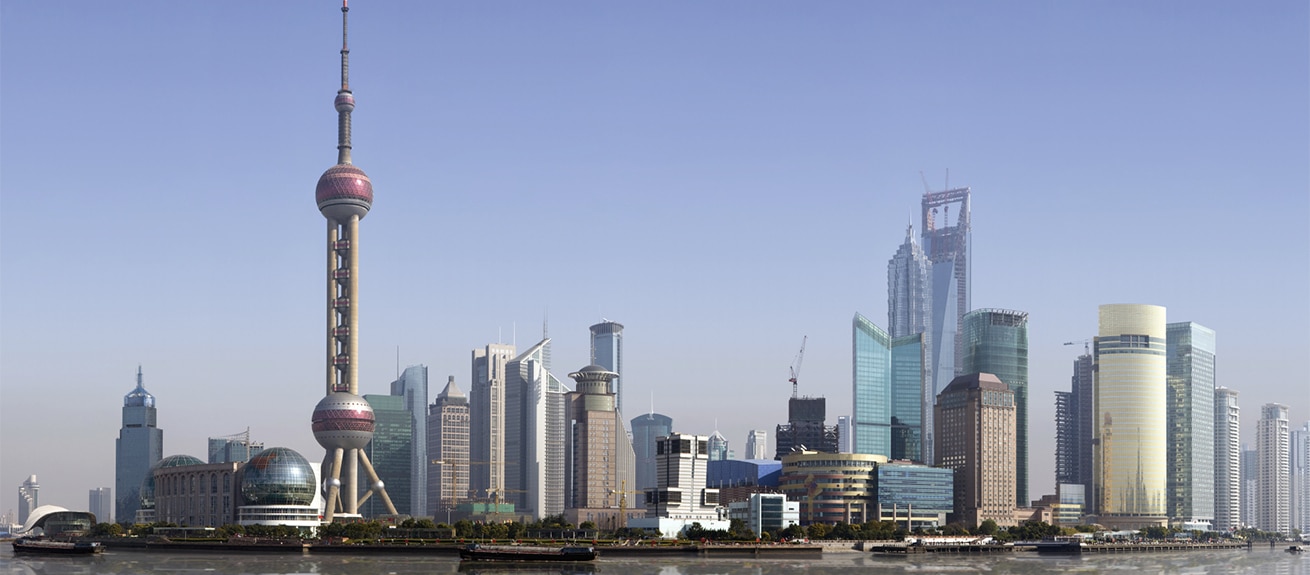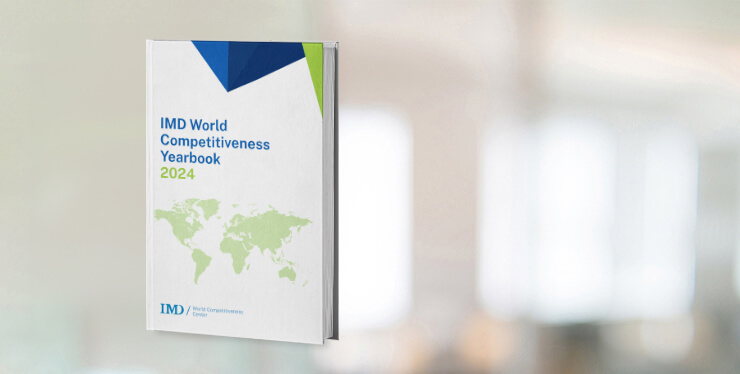
Is China triggering a global crisis?
The recent steep slides on global stock markets have been a long time in the making. As early as two years ago, it was becoming obvious that in addition to the contraction of global demand, as well as the general increase in the relative competitiveness of other Asian countries, China’s rapid rise was coming to a screeching halt and leaving excessive debt in its wake.
In recent weeks, the Chinese market experienced its biggest weekly fall in 20 years, tumbling more than 15%. This volatility serves as a further warning: China is still an emerging market, and it has an immature financial system.
Excessive debt
Excessive debt is infecting every sector of China’s economy, from real estate and local governments to state-run or partially government-controlled companies.
Most large companies in China were on a roll for a number of years, in large part thanks to subsidies from the government. But, at the same time, they were not accruing capital because their activities were so dependent on subsidies. Chinese banks, which are mainly controlled by the Communist party, compounded matters by giving credit at artificially low interest rates fueling excessive debt in all of the country’s sectors.
Many of China’s largescale development projects are perfect examples of how excessive debt has piled up. Infrastructure projects, funded by subsidized loans with low interest rates, yield low profitability and weak capital productivity. Much of this credit is given through a system called “shadow banking”, meaning it does not go through normal bank loans; credit products are sold directly to individuals.
Public sector debt, particularly at the local and regional levels, has been enormous. They have gotten in their current predicament by over-relying on infrastructure projects. This cannot last forever as there are only so many roads one can build.
Demography and environment woes
China also has a number of other problems on top of its high level of debt and low capital productivity. Due to the one child policy being in place for so long, its massive elderly population will have to be sustained by a much smaller working population. Social spending by the state will only increase exponentially, especially on education and health. The Chinese government also has a very high budget deficit. It is officially estimated to be at 3% or more in 2016, but how high it will really climb is anyone’s guess.
Last but not least, the country’s environmental problems are a well-known major burden to China and the rest of the world. Anyone who’s ever been to or seen pictures from Beijing is familiar with the city’s residents making their way around the city in anti-pollution masks.
Chinese authorities face some very tough choices ahead. China is currently exhibiting many “rich country” problems while it has the budget of a “poor country”. A structural reform of its tax system is now clearly needed; its current system is archaic and biased. No country can have its cake and eat it too. If China wants a market economy, then it must understand that intervening in markets is bound to fail, and it must learn to accept the volatility that comes with any open market economy. The volatility we are currently experiencing in the markets only confirms what many already know: Beijing doesn’t have that much control over the economy anyways.
In the coming years, China will most likely go through a very similar scenario as Europe has in the years after financial crisis. Serious restructuring in Chinese business models and banks’ balance sheets. This does not mean that the Chinese economy will collapse. Far from it. We will see much lower growth rates, but there will still be growth.
Contained effects
China’s sheer size and role on the global stage means that its problems will create risk for the global economy. However, don’t expect a crisis of 2008-2009 proportions. Any damage China will cause will be relatively contained. Some countries that might have to worry are those that export raw materials or luxury goods, and on a smaller scale, the Eurozone.
Nuno Fernandes is Professor of Finance at IMD, where he directs the Strategic Finance program and also Finance Fundamentals for Executives, a new IMD “Global Leadership in the Cloud” program. He is the author of Finance for Executives: A Practical Guide for Managers.
Research Information & Knowledge Hub for additional information on IMD publications
Earlier this month, the European Union began executing its tariffs on China for electric vehicle (EV) imports, yet the dated practice of taxing pro...
This paper introduces the New Industrial Policy Observatory (NIPO) data set and documents emergent patterns of policy intervention during 2023 asso...
The payment processing industry in Europe had operated in largely the same way for decades. A standard system of financial processing and clearing ...

Research Information & Knowledge Hub for additional information on IMD publications
Research Information & Knowledge Hub for additional information on IMD publications
Research Information & Knowledge Hub for additional information on IMD publications
Research Information & Knowledge Hub for additional information on IMD publications
Research Information & Knowledge Hub for additional information on IMD publications
in The World Economy July 2024, vol. 47, no. 7, pp. 2762-2788, https://doi.org/10.1111/twec.13608
Research Information & Knowledge Hub for additional information on IMD publications
Research Information & Knowledge Hub for additional information on IMD publications
in Hitotsubashi Business Review Summer 2024, vol. 72, no. 1
Research Information & Knowledge Hub for additional information on IMD publications
Published by International Institute for Management Development ©2024
Research Information & Knowledge Hub for additional information on IMD publications
in I by IMD Magazine June 2024, no. 14, pp. 33-35
Research Information & Knowledge Hub for additional information on IMD publications





